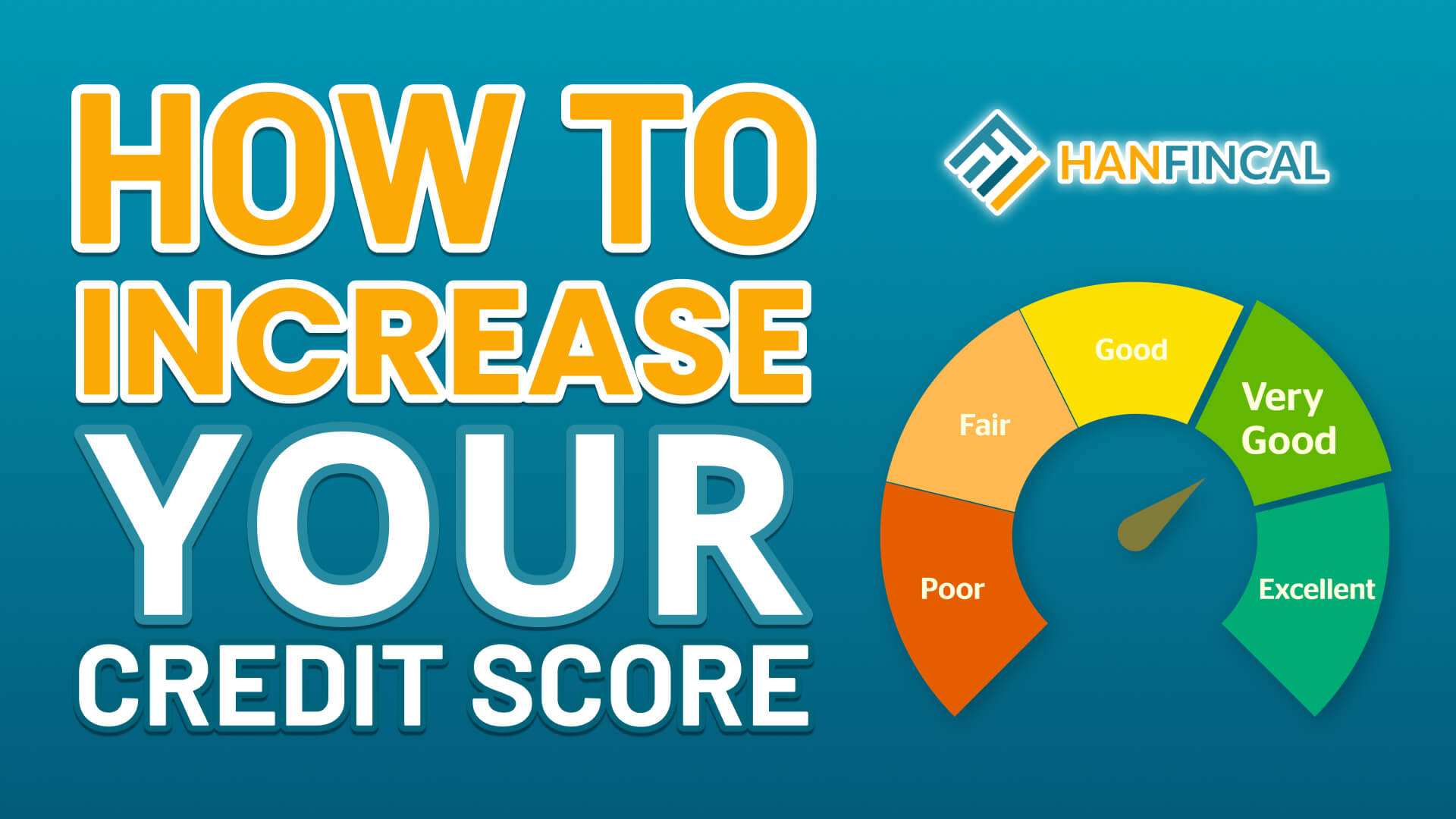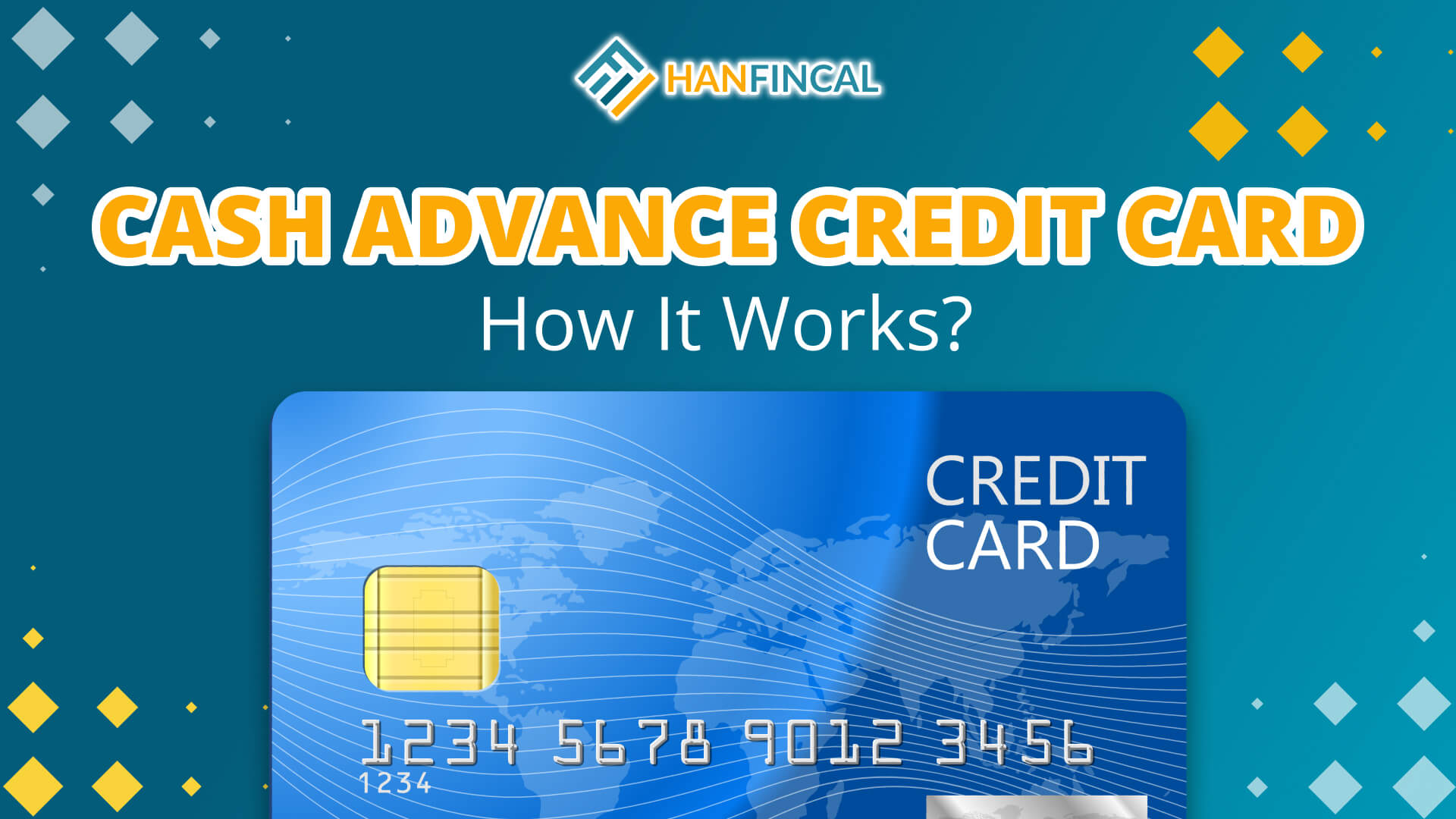Although financial experts recommend keeping your credit card utilization at 30% or less, maxing out your credit limit may be unavoidable in some emergencies. So, What happens if you max out a credit card? Hanfincal offers the following advice on how to pay off a maxed-out credit card.
1. What is maxing out a credit card?
Maxing out your credit card is when you’ve reached your credit limit, and you can no longer charge purchases to your card. When maxing out your credit card limit, the credit card company may refuse to let you charge everything until you pay off the balance and reopen your available credit.
Credit card debt can be accumulated in a variety of ways. You may have a low current credit line combined with an unexpected expense, causing you to exceed your credit limit quickly. Alternatively, you may have a habit of spending more than you can pay off when your bills are due each month, resulting in a large balance. Finally, you may be struggling to make ends meet and relying on your credit card as a lifeline.
2. What happens if you max out a credit card?
When a credit card is maxed-out, it will cause a decline in your transactions, incur additional fees, drop your credit score, increase your minimum payment, and make it hard to pay off your card.

What happens if you max out a credit card?
2.1. Transactions could be declined
Your card issuer may decline all your transactions when you reach your credit limit. However, depending on your credit card issuer and credit profile, they may be rejected for purchases. or you may be allowed to exceed your credit limit up to a certain amount but be charged an over-the-limit fee.
This fee can be charged by a credit card company only if you agree to participate in its over-the-limit coverage program. Before you opt-in, make sure you understand all of the terms of your lender’s over-the-limit coverage program.
2.2. You might incur additional fees
In addition to the declined transaction, an over-the-limit fee is another thing that comes in. When you reach your credit limit, the credit card company notifies you that you can no longer make new purchases. Furthermore, they will provide you with a program known as over-the-limit coverage. If you join this program, you will be able to spend more than the limit on your credit card. However, there is a fee for exceeding the limit.
This fee is not fixed, and it varies by the program you join and the amount you spend above your credit limit. Therefore, before deciding whether or not to participate in this program, thoroughly research the fee. The benefits and drawbacks that can affect your financial health should also be carefully considered.
2.3. Your credit score may drop
A maxed-out card will result in a higher credit utilization ratio, the spending amount of credit compared to the total available amount of credit across all of your cards. It is the second important factor influencing your credit score (payment history is the first). And if you are unable to pay your credit card bill, your credit score will suffer even more. Experts advise keeping your overall credit utilization ratio below 30%, given the Consumer Financial Protection Bureau.
According to FICO, the amount of available credit you’re using accounts for 30% of your credit score, a primary provider of credit scores. A low credit score may result in denying a credit or loan application. It may also result in higher interest rates on credit cards and loans.
If your FICO score is 580 or lower, you should try to improve it as soon as possible because there are very few loan options with appealing benefits for people with bad credit. One option that can assist you in claiming credit scores for free is to obtain them from the credit score online center. Don’t pass up this fantastic opportunity.
2.4. Your minimum payment could increase
The minimum payment is the smallest amount you have to pay each billing cycle. If you cannot pay your credit card balance in full, making at least the minimum monthly payment can help you avoid penalties and fees. This payment is usually calculated as a percentage of your total balance. A high balance usually means an increase in your payment.
If you only make the minimum payment each month, it can lengthen the time to pay off your balance, particularly if you continue using the card after re-established credit. It also implies that you will end up paying more interest charges.
A higher minimum payment can help you adjust your budget. It can be more challenging to manage, especially if you were already struggling to make the previous minimum payment.
2.5. Harder to pay off your card
As previously stated, maxing out your credit card can increase your minimum payment and additional fees. Furthermore, high-interest rates and fees do not absolve you. Any amount of money that is not paid off at the end of a billing cycle is charged interest, often at 20% or higher.
Is that mean? That means your balance will increase by 20% each month until it is paid off. This raises your interest rates and total debt, making debt repayment even more difficult.
3. How to avoid maxing out credit cards?
3.1. Create a habit of paying off your card as soon as you use it
Debt can accumulate as a result of postponement habits. This means that if you do not pay off your debt immediately after making a purchase, your debt will accumulate after every purchase process. That amount may become too large at some point, and you may be unable to pay them all off at once. Worse, because you are not good at managing your spending, overspending is inevitable, which leads to maxing out your credit card.
Paying the balance on the same day you make a purchase is a great way to avoid maxing out your credit card. This is an excellent habit because you can’t accidentally accumulate a balance faster than you can pay it. Moreover, you can’t forget to make the payment before the billing cycle ends.
3.2. Only use your credit card for emergency
A credit card is a two-edged sword that can help you spend money even if it is not in your wallet. However, if you overspend, you will find it easier to fall into debt.
Using your credit card only in emergencies is a wise way to avoid maxing out your credit card and straining your financial health. Furthermore, when you use it, make a plan to pay off the balance as soon as possible.
3.3. Build up an emergency fund
Create an emergency fund for yourself. It will assist you in dealing with financial difficulties without using a credit card. Although using your credit card wisely can help you build a strong credit history, if you cannot pay the interest and fees on top of the balance you’ve spent, credit card usage should be kept minimum. Keep these credit cards for emergencies, and when you use them, make a plan to pay off the balance as soon as possible.
4. What to do if you max out your credit card?

What to do if you max out your credit card?
4.1. Avoid overspending to steer clear of new debt
You will not be able to pay off your credit card debt if you continue to engage in bad spending habits. Create and practice a new spending habit, such as cutting back on unnecessary spending. Make a list of amounts you can reduce and put that money into your savings accounts. You can use these accounts to pay off your credit card debt to alleviate financial stress.
If you consider applying for new credit, keep in mind that doing so usually results in what’s known as a hard inquiry. Thus, your credit score may suffer. If you have maxed-out credit cards, now is a good time to stay quiet and avoid applying for new credit until you handle your current debt.
You could also consider debt consolidation. This allows you to combine debts into a single monthly payment through a balance transfer or a loan, perfectly at a lower interest rate than you’ve been paying on the accounts you’re consolidating. If you have multiple credit cards maxed out, a debt consolidation loan could help you save money on interest and streamline repayment.
4.2. Create a budget
Your budget is a guide to good financial health. It can assist you in staying on track with your spending. List everything you spend money on to find out why your credit card debt has reached its limit. A budget also assists you in identifying areas where you can cut costs.
Create a monthly budget that shows you how much money you bring in each month, how much you pay toward fixed expenses like rent, utilities, car payments, and so on, and how much you have leftover for discretionary spending. This supports you in determining how much you can contribute to your credit card debt and encourages you to make responsible decisions to keep your spending within your means. Finally, a budget can be a solid deterrent to maxing out your credit cards.
4.3. Create a payment plan
Two popular debt repayment methods may be of assistance in paying debt strategy:
- The debt avalanche method requires you to prioritize paying off your highest-interest debt to save money on interest payments over time while still making the minimum payments on your other accounts. When you’ve paid off the debt with the highest interest rate, you apply the funds to the debt with the next-highest interest rate.
- The debt snowball method entails making at least the minimum payment on each account. However, you will prioritize paying off your smallest debt first, then the next-smallest debt, until you are debt-free.
4.4. Get credit counseling
If you’re struggling with planning your repayment on your own, consider hiring a credit counselor to assist you. A credit counselor will support you in planning your repayment and holding yourself accountable for following through. Your credit counselor may suggest a debt management plan, a more formalized debt payment strategy that can be a valuable alternative to dealing with mounting debt.
What happens if you max out a credit card? Handle this financial trouble calmly and wisely during this challenging time being. If you don’t know what to do when you max out your credit card or where to begin, seek the advice of a financial counselor. Allow Hanfincal to be your financial companion as well.
==> Read More:




